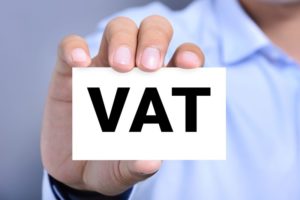There are special VAT rules that allow two or more corporate bodies to be treated as a single taxable person for VAT purposes known as a VAT group.
Advantages of group registration
- The representative member accounts for any tax due on supplies made by the group to third parties outside the group. This is particularly helpful if your accounting is centralised.
- As the group is treated as a single taxable person, you do not normally account for VAT on goods or services supplied between group members.
- Only one VAT return is required for the whole group.
Disadvantages of group registration
- You will need to make sure that the representative member has all the necessary information to submit a VAT return for the group by the due date.
- All members of the group are jointly and severally liable for the tax due from the representative member.
- The partial exemption de minimis limits apply to the group as a whole and not the members individually.
- The limit for voluntary disclosures of errors on past returns also applies to the group as a whole.
- The cash accounting limits apply to the group as a whole and not to the members individually.
- The payment on account limits will apply to the group as a whole and not to the members individually.
HMRC has recently updated the applicable VAT Notice 700/2: group and divisional registration. The notice cancels and replaces the previous version published in August 2014 and has been updated to reflect changes coming into effect on 1 April 2019 that clarify which overseas services can be classified as bought-in services to ensure that such services are subject to UK VAT.






